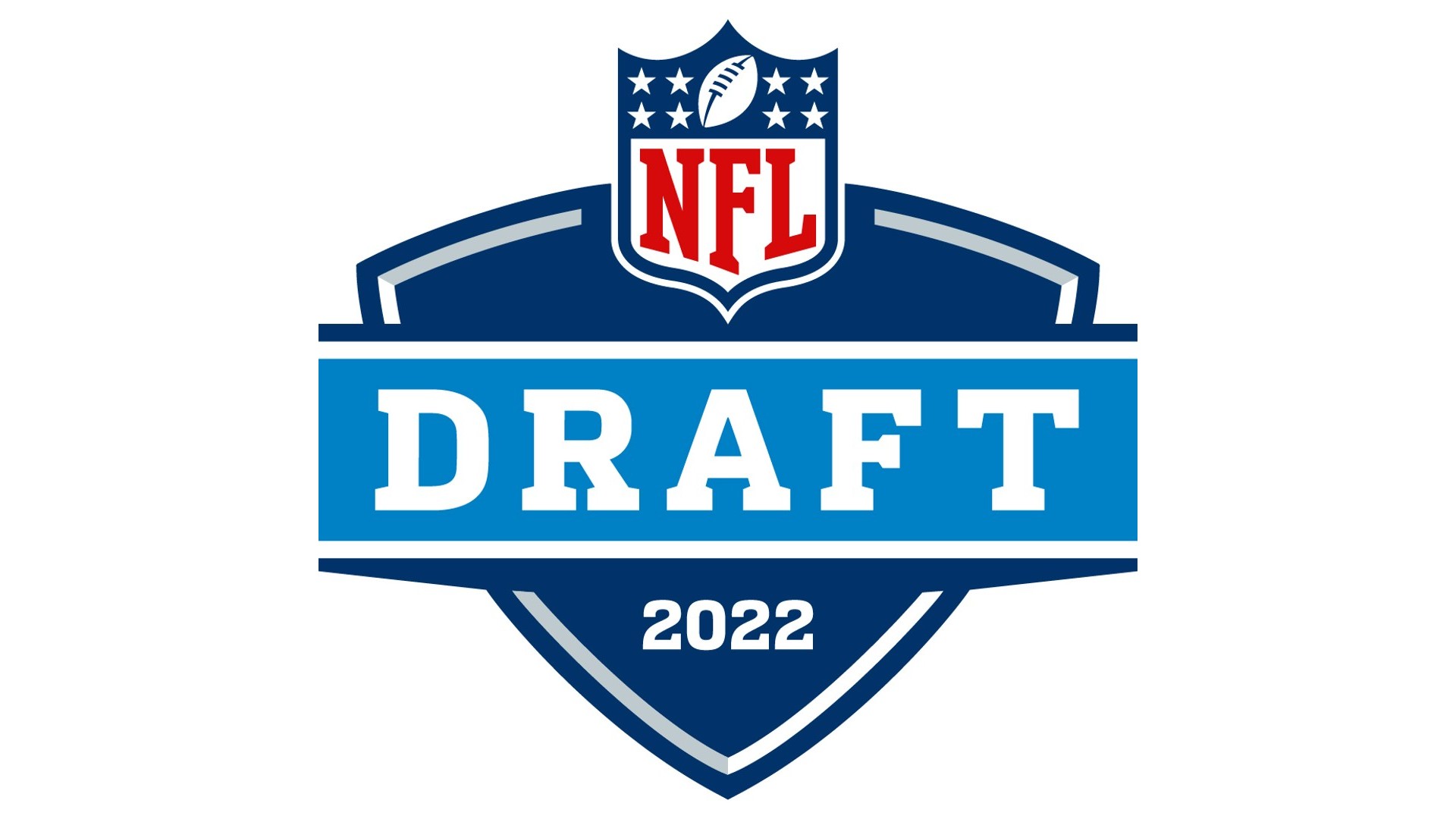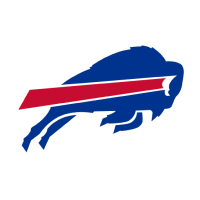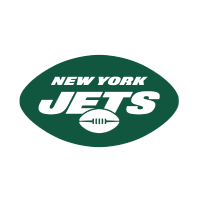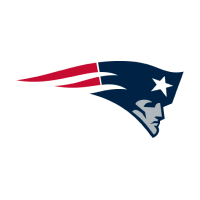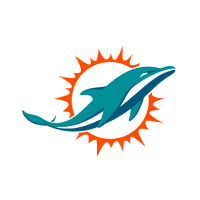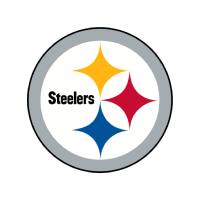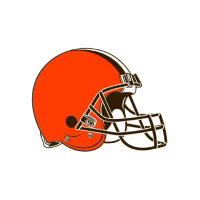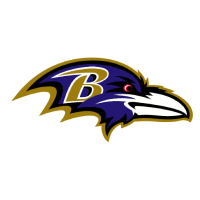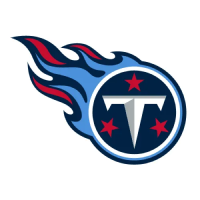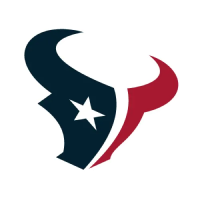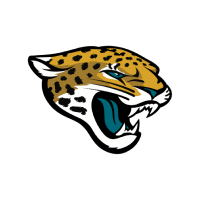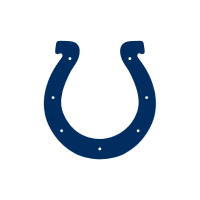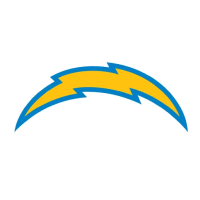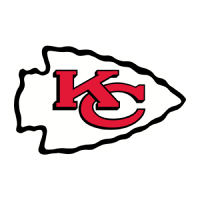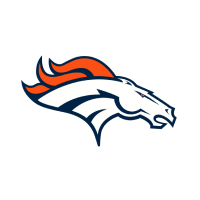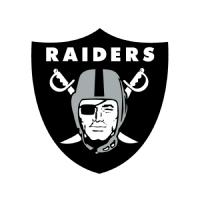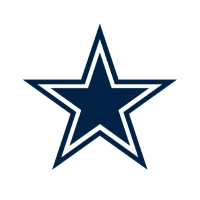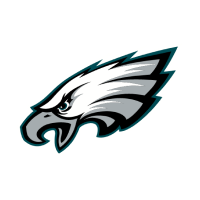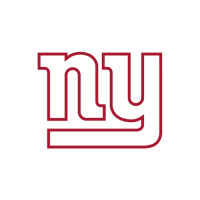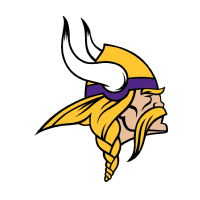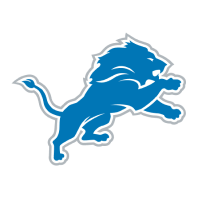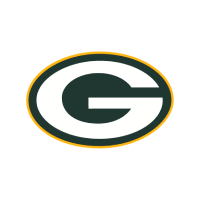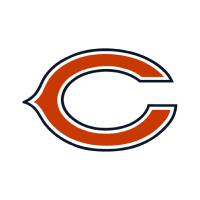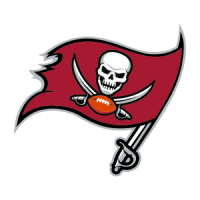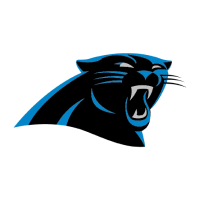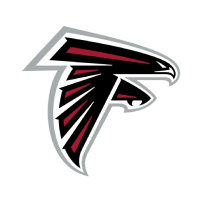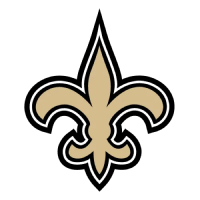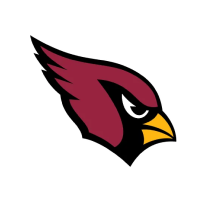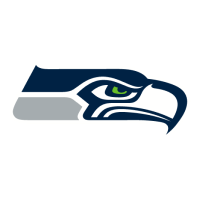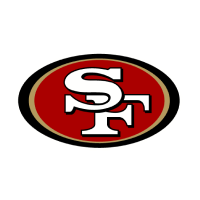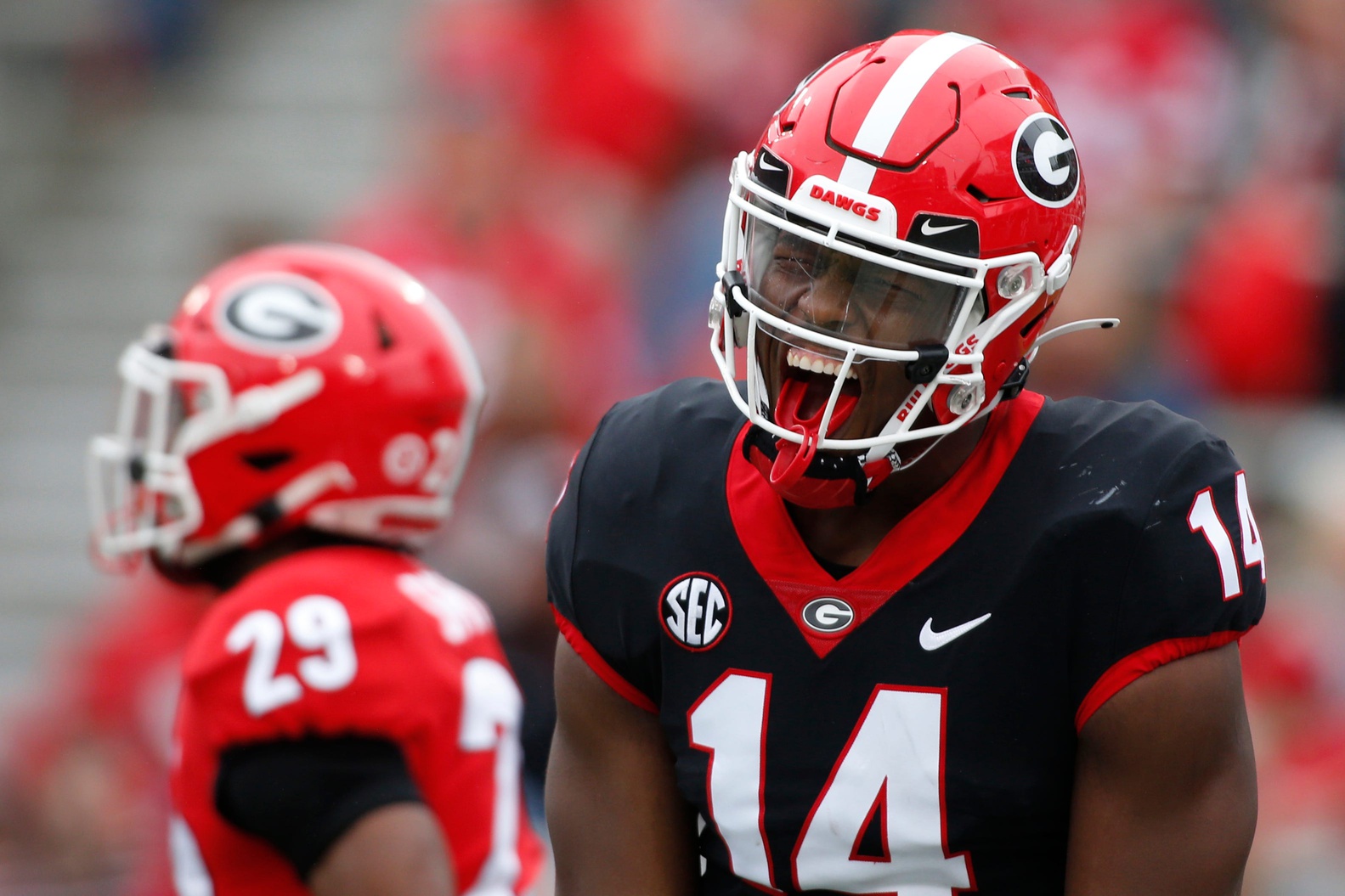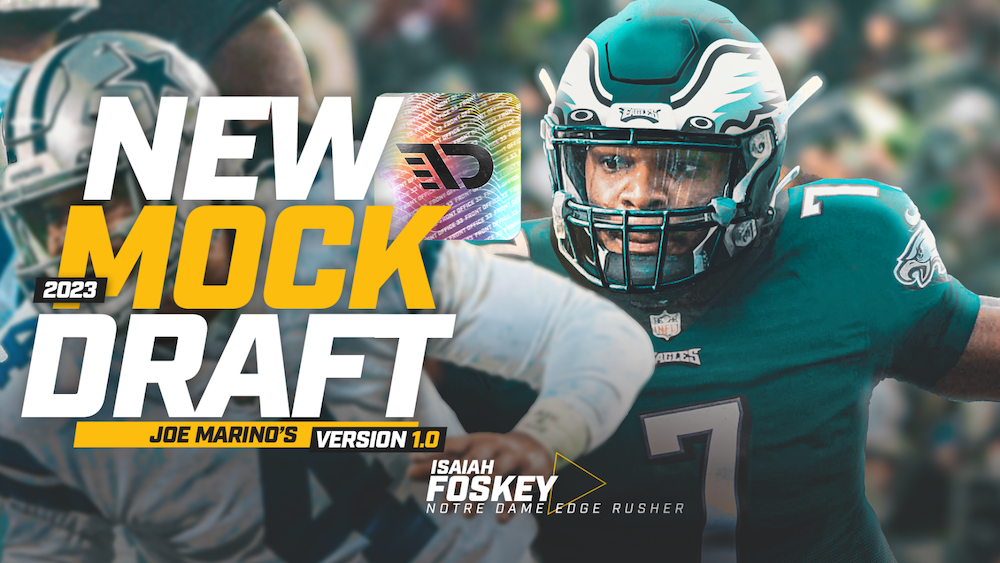The modern bell-cow running back is falling out of favor in the NFL as teams increasingly rely on committee backfields, pass-heavy play-calling, and the bigger competitive advantage offered by a dominant offensive line. But if there’s a head coach you would expect to dedicate himself to that style of ball-carrier, it’s Atlanta’s Arthur Smith.
One of Smith’s biggest changes to the Tennessee Titans’ offense was the implementation of a one-headed monster in the backfield. Derrick Henry was a 1A back the year before Smith took the reins, carrying the ball 215 times to Dion Lewis’ 155 in 2018 under former offensive coordinator (and current Green Bay Packers’ head coach) Matt LaFleur. In Smith’s first year, Henry totaled 303 carries to Lewis’ 54. Last season was an even more drastic lean as Henry toted the ball 378 times to Jeremy McNichols’ 47 carries.
Not only did Smith dedicate himself to Henry as the ball-carrier, but he also dedicated himself to the running game altogether. In 2019 and 2020, the Titans were third in the league in called run rate—and this without a particularly mobile QB, as the Baltimore Ravens or New England Patriots (2020) had when they outranked the Titans. Smith and Tennessee wanted to hand the ball off, and they weren’t concerned with fresh legs or a rotation. They wanted to give it to Henry.
In Atlanta, Smith will likely want to run the ball again. I’m just not sure the Falcons have the depth chart to sustain it.
The Falcons’ top-three ball carriers from last season, in Todd Gurley (195 carries), Brian Hill (100 carries), and Ito Smith (63 carries), were all free agents with Hill the only one that has since signed with the Titans. There is seemingly no interest from the Falcons in returning any of their rotation from last season. But with that disinterest came no accompanying urgency to fill the depth chart. The Falcons signed Mike Davis to a two-year, $5.5 million deal as their presumed early-down back, and buttressed him with only WR-turned-RB Cordarrelle Patterson on a one-year, $3 million deal. In the draft, the Falcons waited until undrafted free agency to sign Javian Hawkins, out of Louisville, and former Ball State rusher Caleb Huntley. Atlanta fills out the bottom of the depth chart with incumbent rookie contract players like Qadree Ollison (23 career carries) and Tony Brooks-James (11 career carries).
You can believe anything you want about Davis. The career journeyman has seen two sudden spikes in opportunity and productivity during his career in 2018 with the Seattle Seahawks and in 2020 with the Carolina Panthers. But he’s never been handed a starting job, as is the case in Atlanta, and even after those productive seasons, his teams elected not to retain him. It’s tough to place many eggs in his basket, even if you enjoy the film and think the talent is there. As such, it’s impossible to say that the Falcons have one known quantity at running back.
Could someone emerge? Sure. Ollison is also big and rumbling, though he doesn’t have nearly the open field elusiveness or long speed offered by Henry. Patterson’s a world-class athlete, but outside zone reads require developed eyes and feel for pacing—something he has never had an opportunity to develop at receiver or even at kick returner. Hawkins has the experience in the wide zone system and good juice as a runner but brings only 180 pounds to the table, and again, doesn’t have the homerun hitting speed as a short-striding runner. Any of these players could overachieve—maybe even all three. But those are long bets to make, and relying on them feels mighty risky.
This is a massive deal. There’s much juice for the Falcons’ offense as a whole, with a good play designer in Smith calling the shots, a solid veteran quarterback in Matt Ryan at the helm, and now a cadre of fearsome pass-catchers in Julio Jones, Calvin Ridley, and Kyle Pitts. But the offensive line was shaky with Alex Mack in hand; now he’s gone in free agency, and if that weren’t concerning enough news for the running game, there simply is no running back on the roster who can be reasonably expected to deliver above-average play across the season, let alone the dominant play of Henry.
For as much as the passing game has outpaced the running game in terms of modern offensive impact, the impact of the Falcons’ thin running back depth chart cannot be ignored. Something will have to give when this offense lines up against talented, well-coached defenses and try to move the ball down the field. If the Falcons cannot run the football well, it doesn’t matter what their run/pass split is or what scheme they’re running. Opposing defenses will take men out of the box, clog up intermediate passing lanes, and neuter what should be a high-octane passing attack. If Smith remains dedicated to his winning formula at Tennessee, Atlanta’s run/pass ratio could remain skewed toward the running game even with less efficiency and explosiveness offered. And that will hurt no matter what.
The Falcons can still make a late addition to the roster or simply become a pass-heavy team that lives with a feeble running game; the latter doesn’t seem likely, and the former doesn’t seem impactful. The only chance they have rests in Smith, who worked magic in Tennessee and must work it against in Atlanta. His approach and play design gave us the sudden blossoming of quarterback Ryan Tannehill as an explosive passer; the resurgence of receiver Corey Davis’ struggling career; the immediate impact of A.J. Brown’s star pass-catching potential, and finally, the unlocking of Henry into the league’s most dangerous runner. In Atlanta, Smith already has the explosive passer and the top wide receivers, but he doesn’t have the running back. Not yet.
It’s hard to imagine any of the Falcons’ backs becoming that which all 6-foot-3, 247 pounds, 4.54-second 40-yard dash, 10-foot-10 broad jump Henry became. None of them have that juice. The Falcons’ rebuild will be long and arduous, and it’s okay not to prioritize running back in Year 1. But this might get ugly for Atlanta; don’t be surprised if they’re at the forefront of the running back market next offseason, looking for a runner to jumpstart an offense that, despite all modern evolutions, still needs a trustworthy back to get the ball rolling.
Filed In
Related Articles
NFL Draft
Arik Gilbert Doesn’t Need Big Workload To Be A Top NFL Draft Pick
- Aug 22, 2022
NFL Draft
2023 NFL Mock Draft: Marino 1.0
- Aug 22, 2022
Written By
